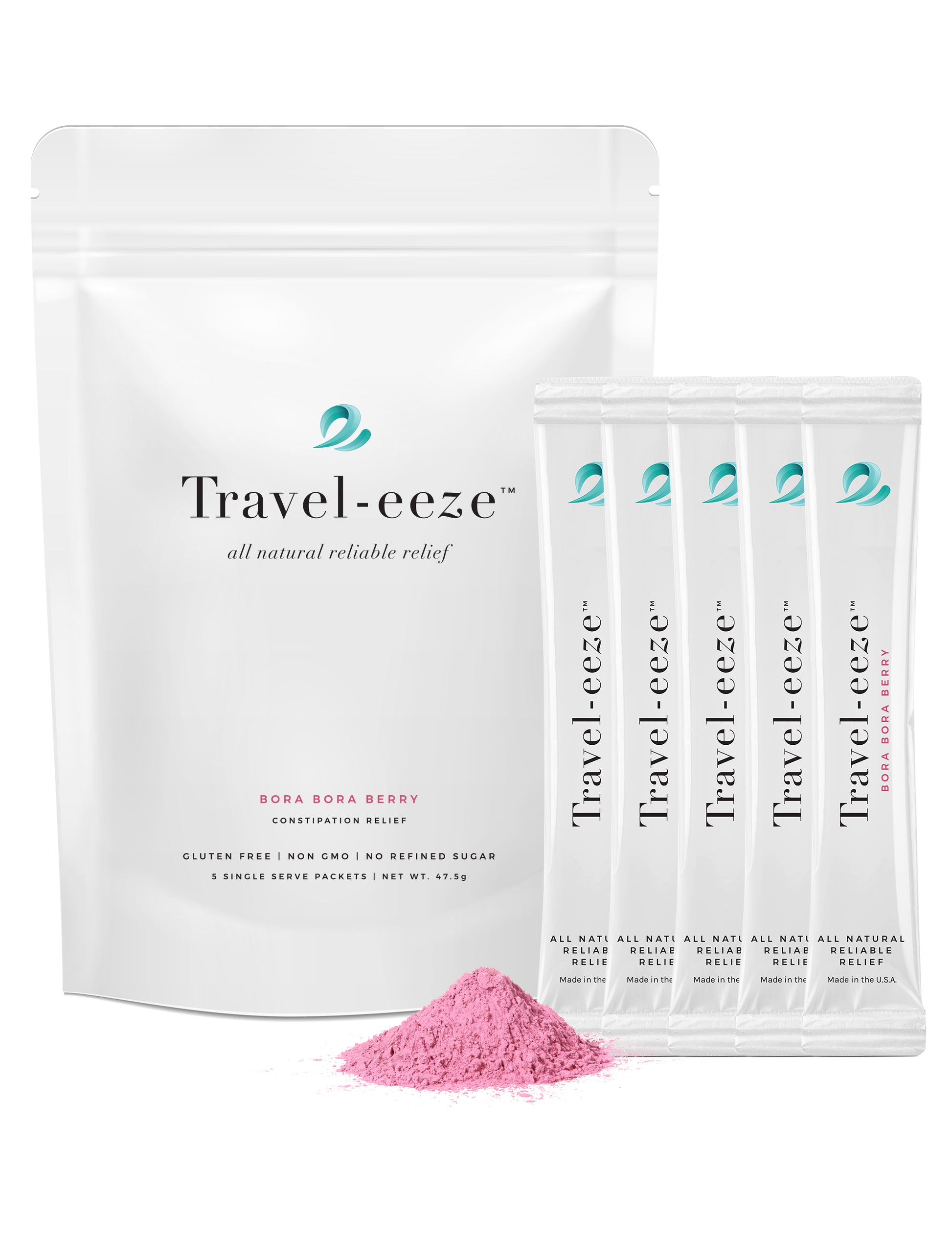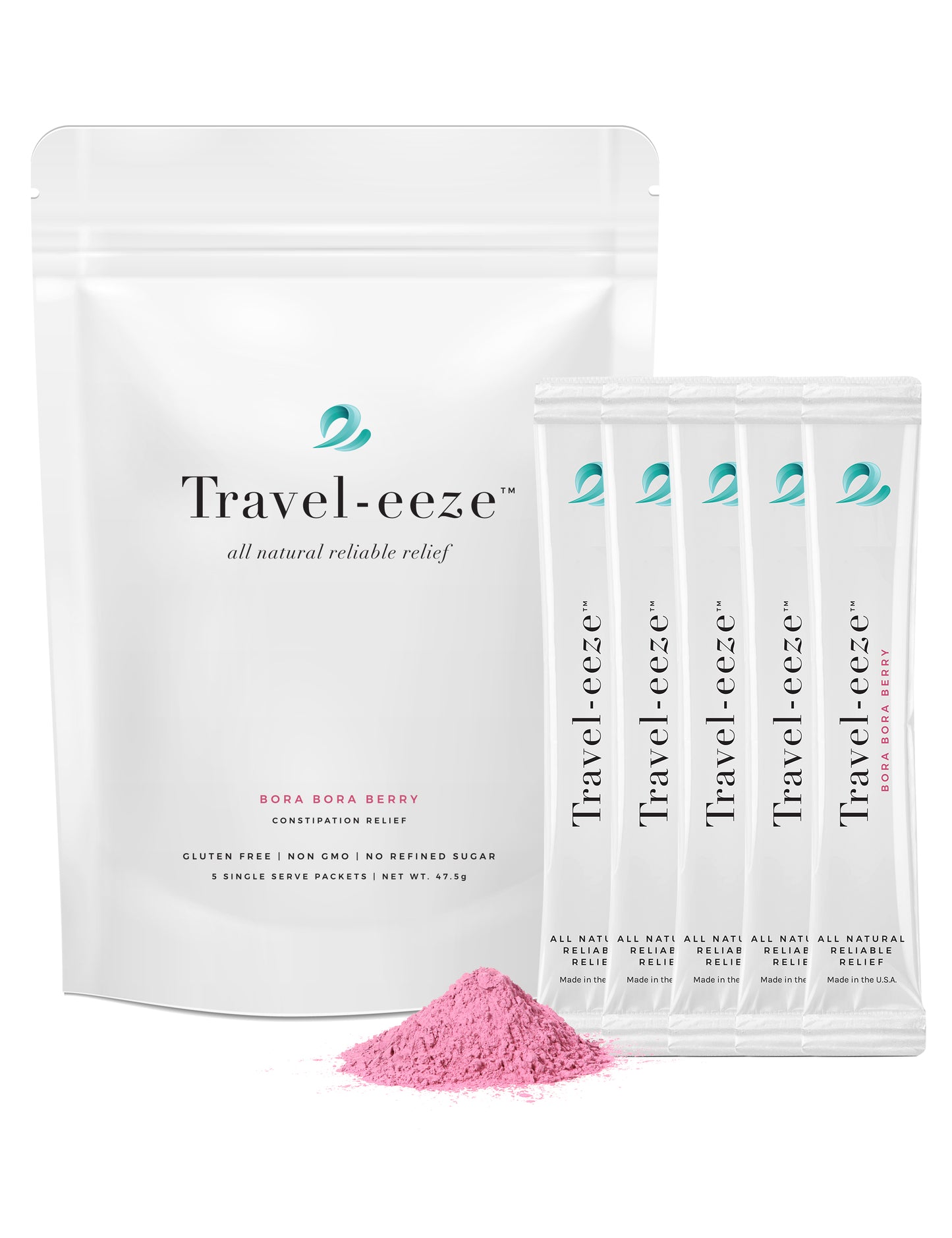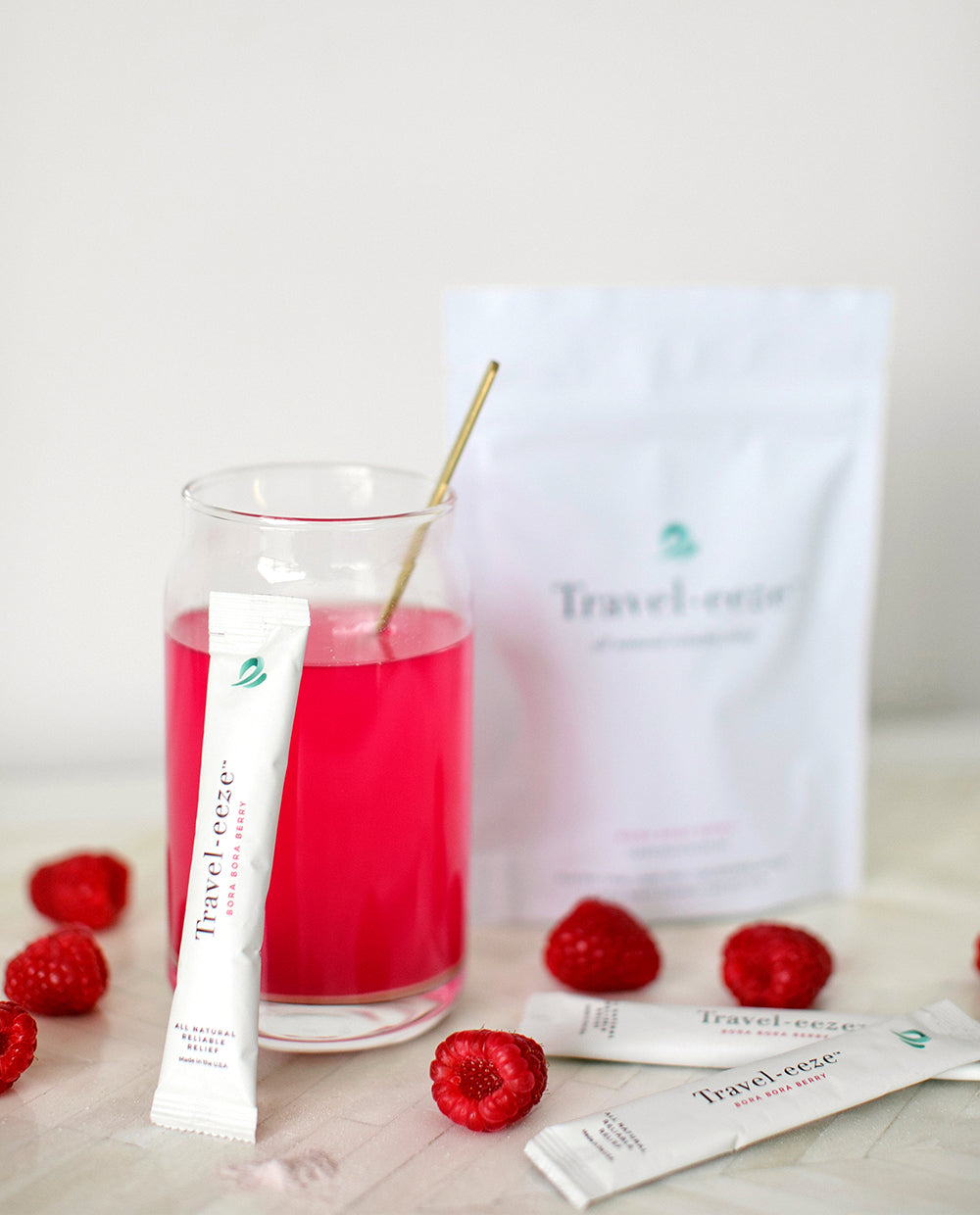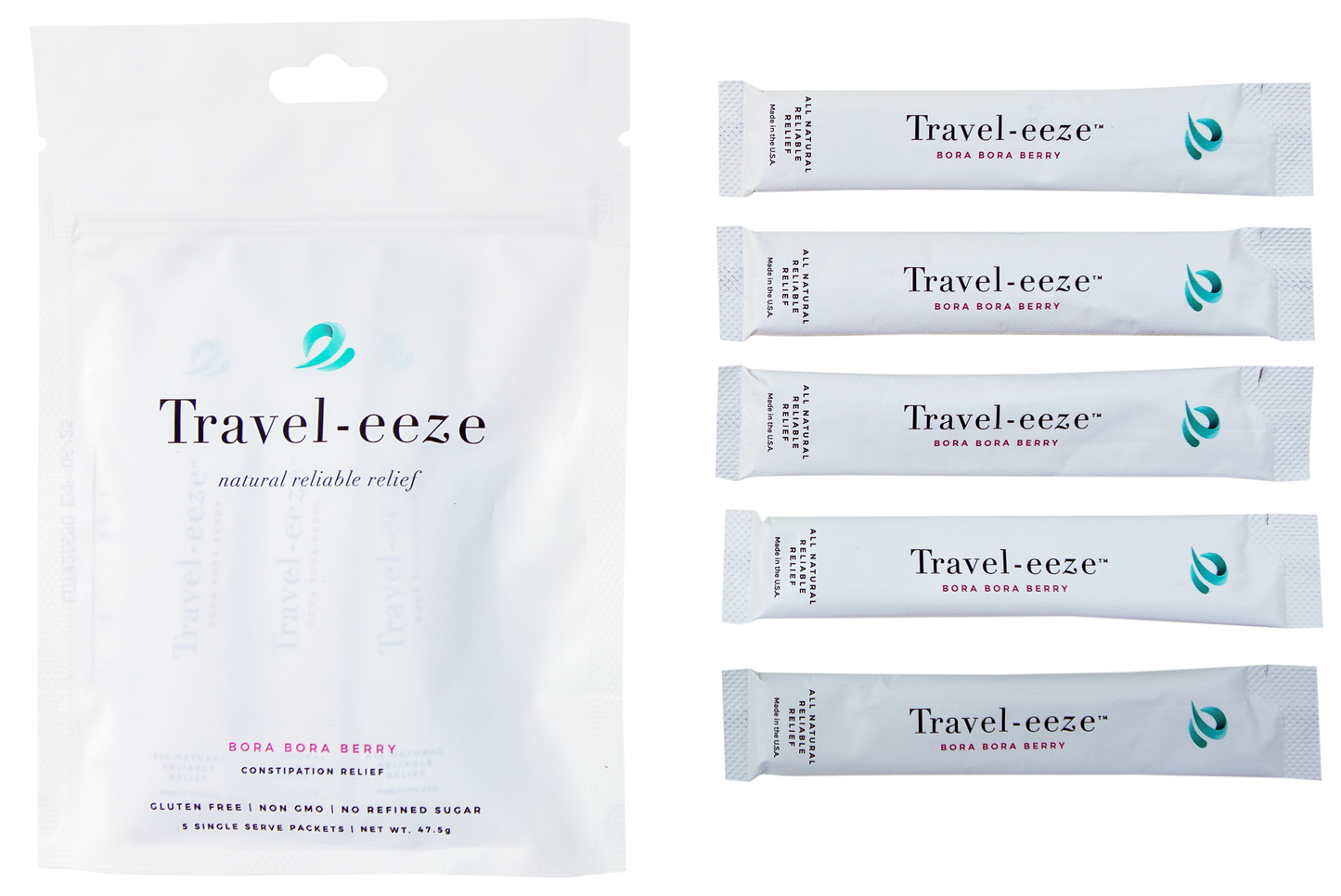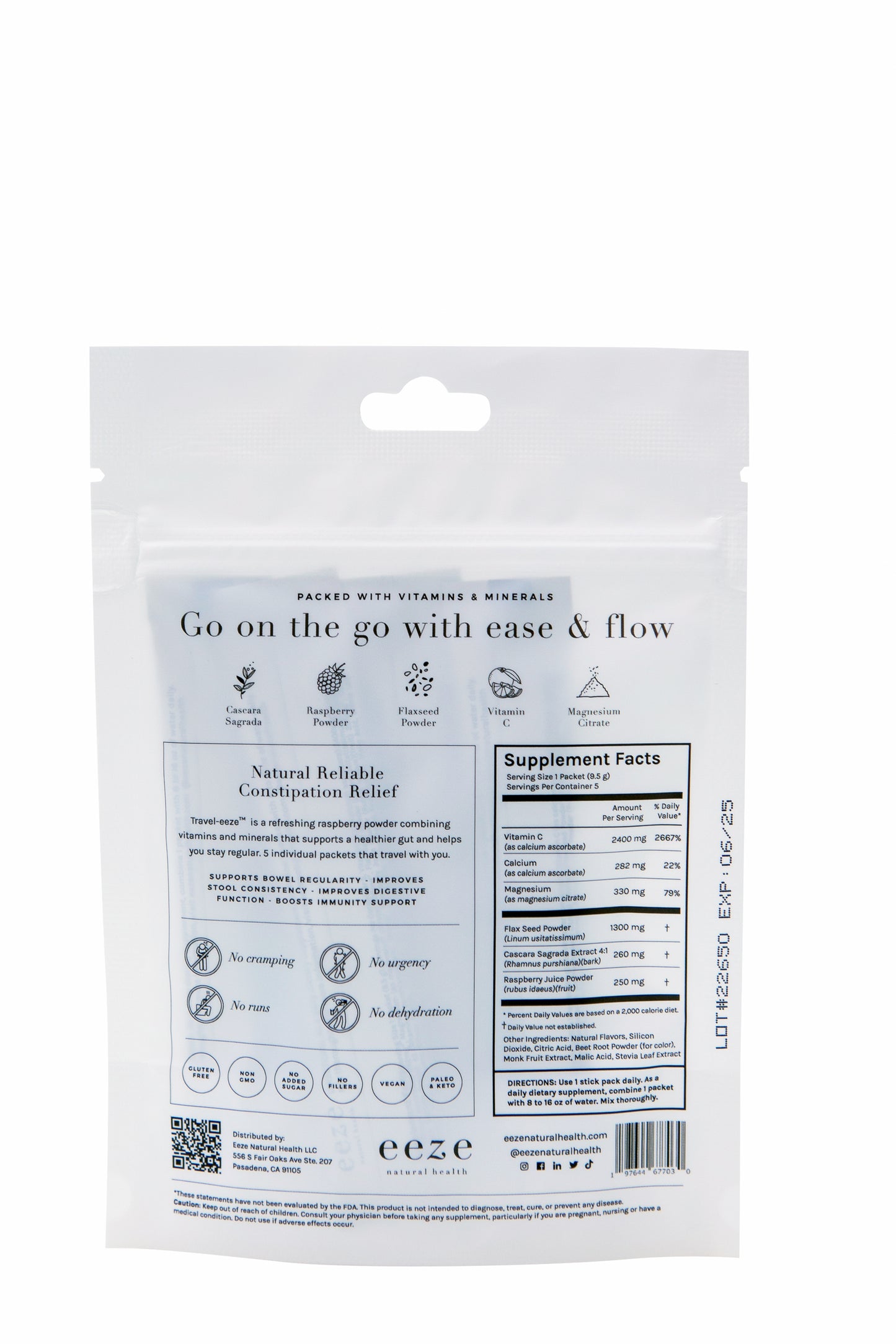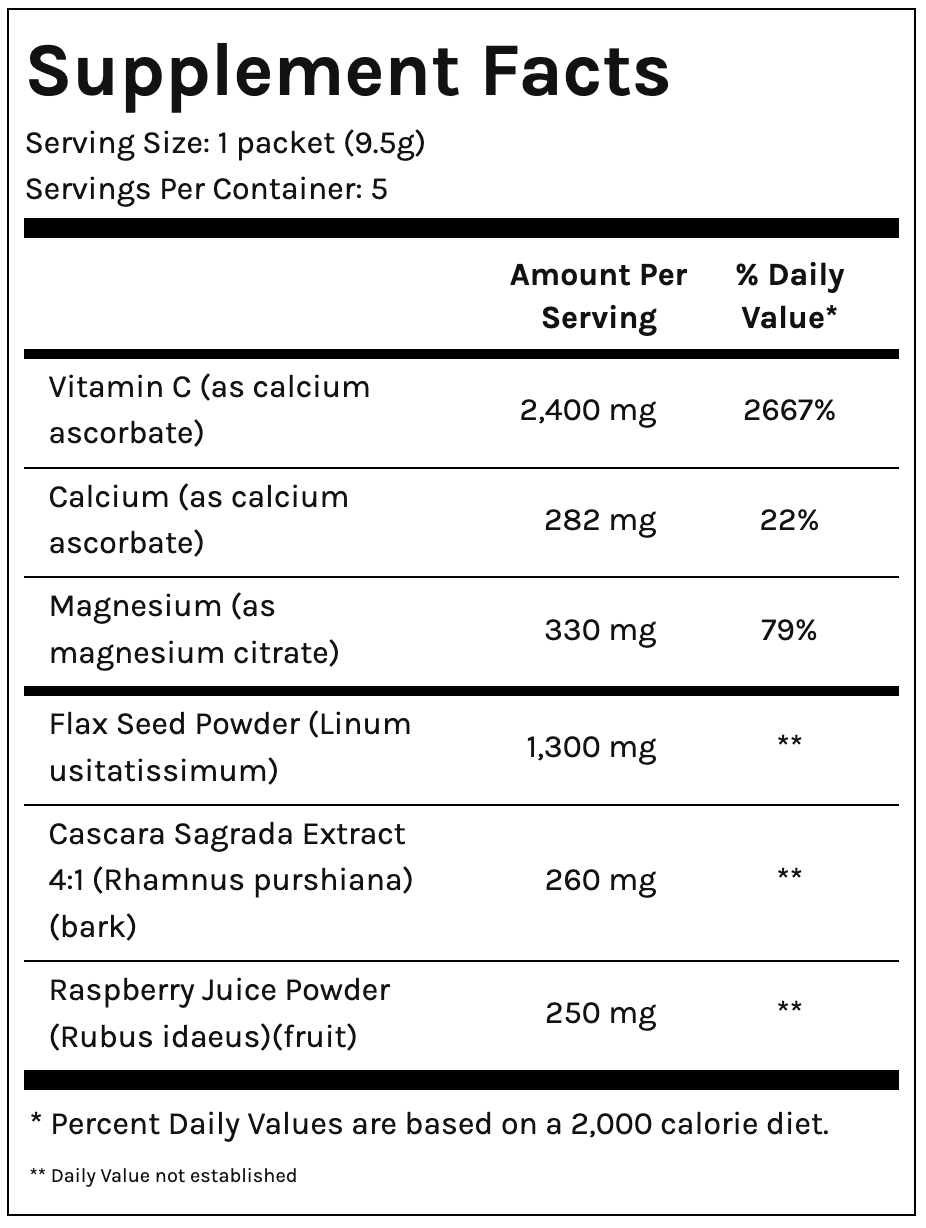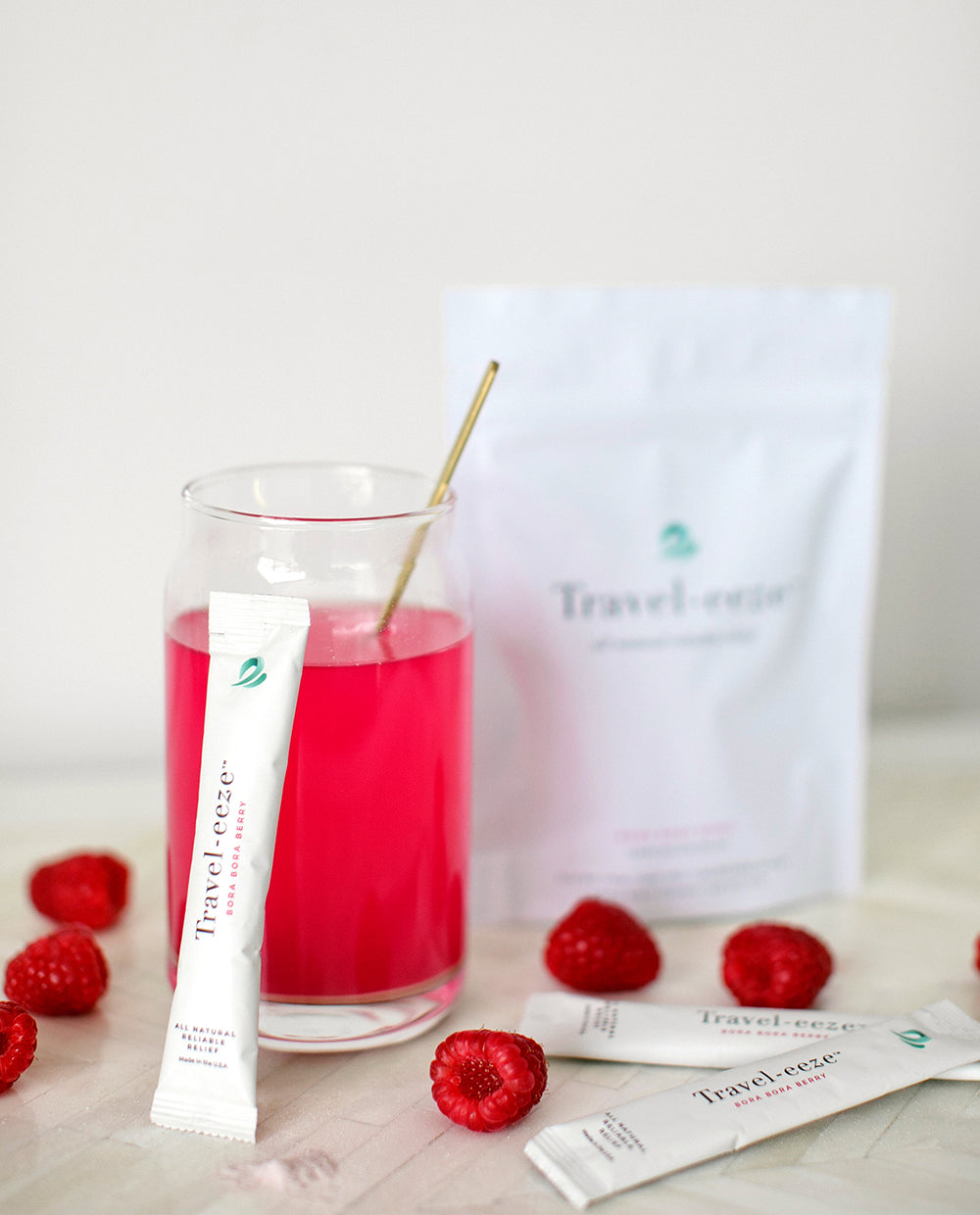Your gut’s primary function is to break down the food you eat and absorb nutrients that support your bodily functions. On top of that, your gut microbiome also plays a crucial role in your metabolism, nutrition, bodily functions, mental health, and immune function. Improving your gut health can help improve your overall health.
These days, gut health issues are becoming more common. Bloating, Irritable Bowel Syndrome (IBS), reflux, inflammation, and constipation can cause huge discomfort and impact your quality of life.
Maintaining and improving your gut health relies on several contributing factors. This may include sleep, stress, hormones, lifestyle, diet, and any food intolerances. Thankfully, it doesn’t have to be complicated. Here’s our ultimate guide to improving your gut health naturally.
Drink Water
As cliche as it seems, staying hydrated plays a vital role in improving your gut health. Two liters of water a day can help your body do what it has to. It helps eliminate toxins and waste and also supports the healthy movement of your gastrointestinal tract. Hydration is also necessary for your gut lining and the mucous membranes of your intestines.
If you’re struggling with constipation, water also plays a vital role in softening your stool and encouraging motility.
You can also stay hydrated with healthy alternatives such as green tea, matcha, and supplement drinks, which contain other ingredients to reduce inflammation and assist bowel movements.
Exercise
Research shows that the lack of physical activity is one of the major risk factors for constipation. Your gut needs exercise as much as the rest of your body. Thankfully, you don’t need to exercise intensely to avoid constipation or other gut problems. Even just getting your steps in could make a major difference.
Regular exercise also helps you become happier, which is beneficial due to the gut-brain connection, lowers your body fat and cholesterol, strengthens your immune system, stimulates your gut function, assists motility, and boosts your energy too.
Manage Stress
The gut-brain connection is responsible for the unease in your stomach whenever you’re anxious or stressed. When you’re stressed, your body focuses on fight or flight mode instead of doing things like digesting your food – making you prone to bloating and constipation.
An emotional upset could also trigger digestive problems, which your body may remember as associated with that food, causing sensitivities.
Manage your stress levels through meditation, breathing exercises, physical activity, and addressing other areas of your life that may be causing undue stress.
Sleep Well
Your body does most of its restoration and healing in your sleep. Getting good sleep can help support your gut health and allow your body to keep itself in top shape. Conversely, a healthy gut microbiome also helps produce serotonin which affects your quality of sleep.
Try to get good sleep by practicing good sleep hygiene:
- Try to stick to a routine – set a bedtime and stick to it
- Avoid screentime in bed – ideally, stop using electronics an hour before bedtime
- Make your room dark and quiet – invest in a comfortable mattress and bedding and turn off the lights to remind your body that it’s nighttime
- Avoid large meals, caffeine, and alcohol before bedtime
- Try to avoid naps during the day
Eat Mindfully
Mindful eating is the process of being in the moment as you eat your food. This is also connected to reducing stress. The act of being intentional in the act of eating, chewing slowly, and savoring the flavors and textures, could also help you eat less as you can feel fuller sooner. This also reduces the risk of indigestion and bloating.
If you have issues with your relationship with food, mindful eating encourages you to notice when you’re turning to food for reasons other than hunger and examine your relationship with food. With this awareness, you can try to find healthy coping mechanisms.
This practice also calms your nervous system and helps nurture the gut-brain connection.
Eat More Fiber
Fiber-rich foods like whole grains, nuts, seeds, fruits, and vegetables can help bulk up your stool and encourage healthy bowel movements. Prebiotic fibers are also great for your gut microbiome, which supports overall gut health.
There are many sources of fibers, such as plant-based fibers, all of which can help keep your bowel movement regular and strengthen your GI tract. Keep in mind that some forms of fiber are more gentle on the gut than others, so look out for those to ensure only positive results.
Eat Fermented Foods
Fermented foods contain healthy bacteria and help boost your existing gut microbiome. They can also alter your brain activity in a way that’s proven to positively impact your mental health, supporting the gut-brain connection.
Examples of fermented foods include kimchi, yogurt, sauerkraut, and kefir. Yogurt with live and active cultures in particular can also improve digestion for those with lactose intolerance.
Probiotic supplements can also introduce good bacteria and support healthy gut flora. Prebiotics, on the other hand, enhance and support your existing microbiome.
Remove Inflammatory Foods
Gluten, alcohol, processed foods, and refined sugars can disrupt your gut microbiome and induce inflammation and other uncomfortable gastrointestinal symptoms. In particular, certain bacteria may feed on excess sugars and create an imbalance, leading to bowel problems.
These foods also take a bit more energy to digest, taking a toll on your digestive system. By reducing this stress on your body, you allow for healing and strengthening your gut health.
You can also refer to the FODMAP (fermentable oligosaccharides, disaccharides, monosaccharides, and polyols) list.
Get the Right Nutrients
Part of keeping your gut healthy is making sure you’re getting all the right nutrients to support your gut health and prevent bowel problems and other uncomfortable symptoms.
Nutrients to watch out for improving gut health include:
- Magnesium, which can help ease abdominal cramping, anxiety, and constipation
- Vitamin C, which supports muscle relaxation and regulates contraction without overstimulating your gut
- Antioxidants, which can mitigate oxidative stress in the gut
- Omega-3 fatty acids can also aid gut health



